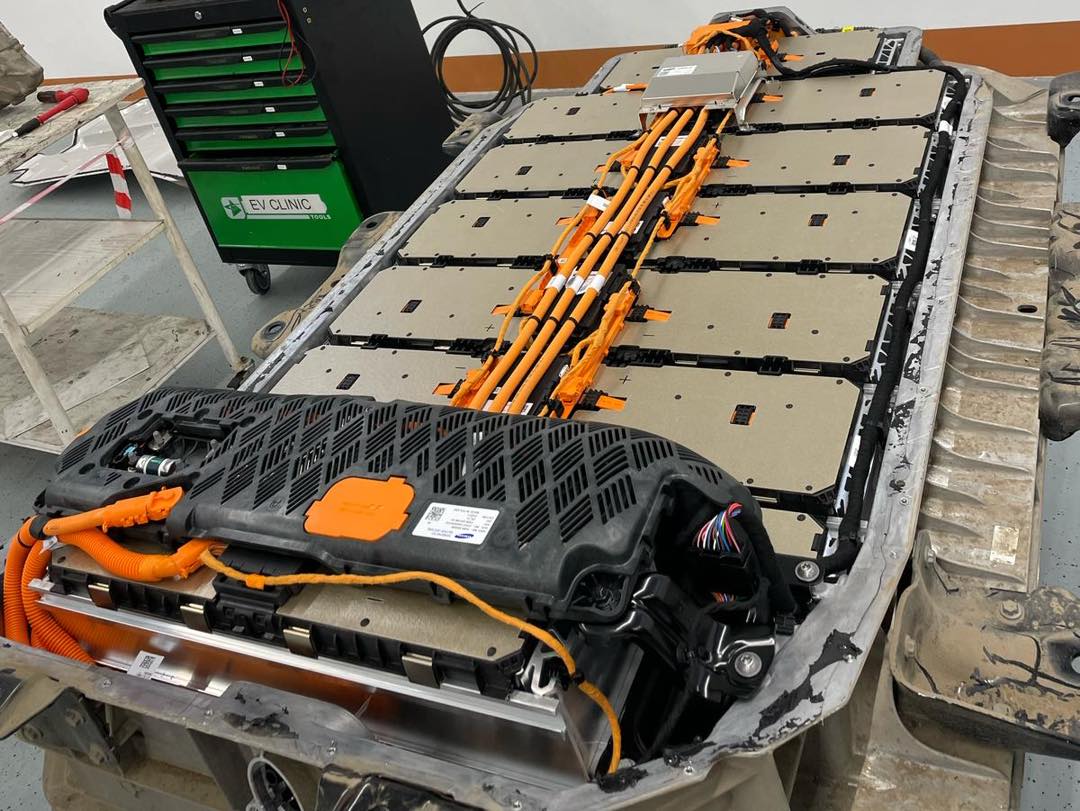
EV Ownership and Challenges in Europe: A Call for Consumer Advocacy
Electric vehicles (EVs) have been touted as the future of transportation, offering low operating costs, minimal maintenance, and environmental benefits. Many EV owners proudly share their experiences with friends and family. However, some challenges arise when owners encounter warranty disputes or service issues, exposing gaps in consumer protections in the European Union (EU).
In Europe, there appears to be a lack of independent oversight on EV quality, factory defects, and owners’ rights. Recalls that are initiated in other regions, such as the United States, China, and Norway, are often absent in the EU, leaving consumers to bear the cost of factory defects. This situation calls for urgent reform to ensure that consumers are treated fairly and consistently.
Consider a scenario: An EV owner discovers a battery failure at 11,000 km. Despite the high cost of a replacement (€20,000), the warranty is denied due to minor issues like a missing service stamp or a small scratch on the battery. Such instances leave owners with hefty bills and no support, which can be frustrating and disheartening.
The Case of Fiat 500e
A common issue reported involves the Fiat 500e and error codes P0AA1 and P0AA4, which indicate stuck contactors. This programmed error prevents clearing of the codes, requiring an entire battery replacement. For some owners, warranty claims are denied over minor scratches, even though many manufacturers allow for small tolerances (e.g., Tesla permits up to 8mm of indentation). Strict warranty conditions like these undermine sustainability efforts by unnecessarily replacing functional components.
Additionally, Fiat implements an SGW (secured gateway) that restricts independent access to diagnostics, complicating third-party repair efforts. While the Fiat 500e is a well-designed and comfortable car with quality Samsung SDI batteries, such policies create unnecessary obstacles for owners.
A Broader Issue Across Brands
This issue is not unique to Fiat; similar challenges are reported with PSA group vehicles (Peugeot, Citroën, Opel), Toyota, Mercedes, and others. Strict warranty terms, service interval requirements, and limited transparency in addressing factory defects are common complaints. Owners are left feeling unsupported, and many choose to handle issues quietly to avoid public scrutiny.
What Needs to Change?
To align with environmental and consumer protection goals, manufacturers must:
- Reevaluate warranty conditions to allow reasonable tolerances for battery damage.
- Address programmed errors and develop cost-effective repair solutions.
- Ensure transparent and accessible diagnostic processes.
- Support independent third-party repair services to promote sustainability.
Consumers are encouraged to advocate for fair treatment and share their experiences to foster change. By raising awareness, we can push for reforms that benefit both owners and the environment.
Errors: P0AA1, P0AA4
Part numbers: P46351292, V024-00054A, 2045742
OEM: €20,000
EVC: €1200+Tax













Legacy automakers are getting worse, more dishonest than ever.
Forcing owners to do maintenance on their EVs every year was the only way they found to finance their crapy industry.
Legacy automakers force owners to replacing EVs brake fluid every year when for ICE vehicles they set every 2 years. That says a lot, EVs do not require brake fluid before the 4th year completed.
Tesla is not perfect but its policies are quite different, mostly because the mission is different.